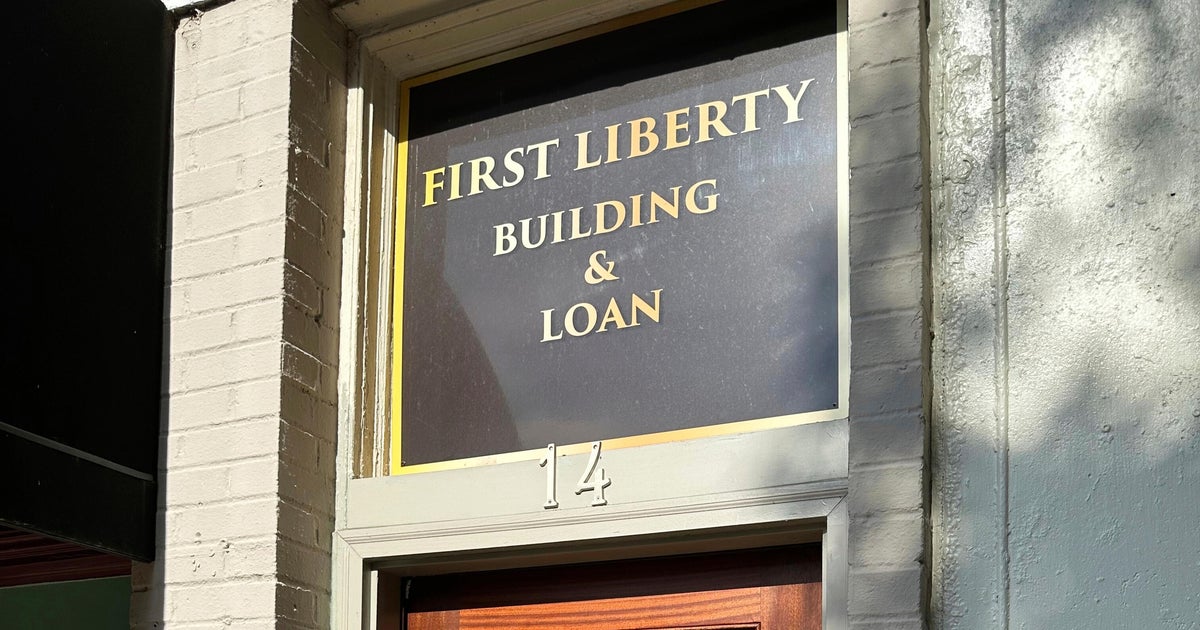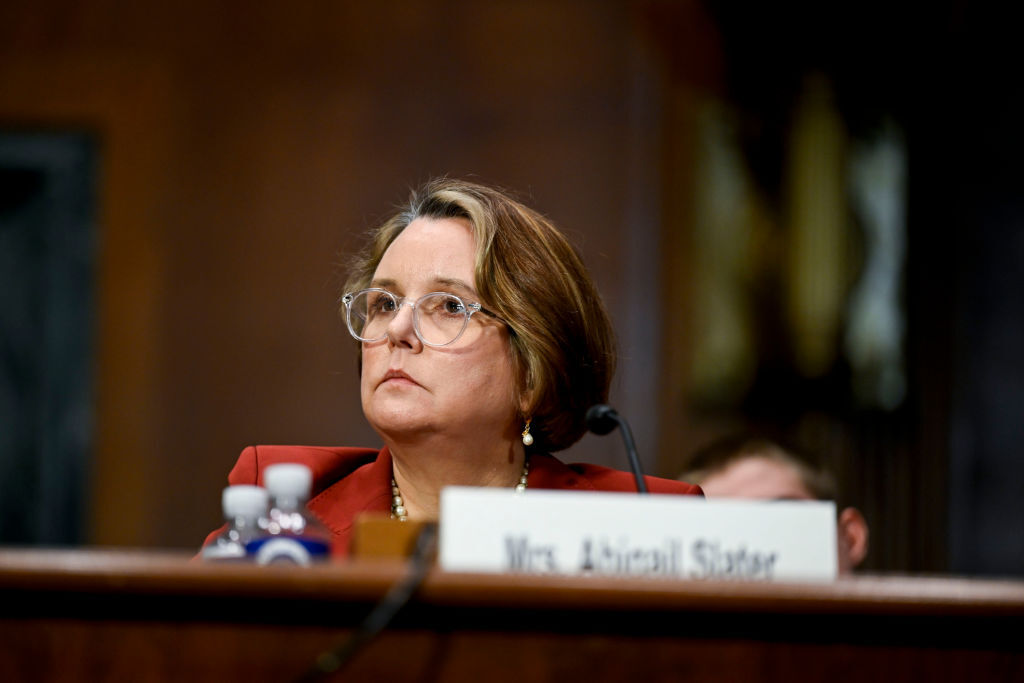Amid 737 Max disasters, Boeing's board was busy elsewhere
- Executive recruiters say 31% of the directors at S&P 500 companies sit on three corporate boards or more.
- At Boeing, 62% of directors served on three or more company boards at the time of the first 737 Max crash in October 2018.
- Of Boeing's 14 board members, 12 serve on at least one other public company board, and two serve on four.
- "Overboarding" is a growing concern in governance circles. "Boeing is the dictionary definition of a problem," said corporate governance expert Nell Minow.
Last Wednesday was a big day for Boeing's lead director and new board chairman, David Calhoun.
It was the first time the company was reporting quarterly earnings since the Boeing board member had been named chairman of the embattled aircraft maker, which has faced intense scrutiny since two 737 Max jets crashed within months of each other in the past year, killing 346 people. Boeing's latest quarterly earnings had plunged more than 50%.
It wasn't Calhoun's only corporate announcement that day. He is also the highest-ranking independent director on the board of Caterpillar. On the same day Boeing was announcing its latest financial results, the construction equipment giant also reported disappointing earnings.
Adding to the juggling, Calhoun's day job is as a top executive and a member of the management committee at publicly traded Blackstone Group, the largest private equity firm in the world with ownership stakes in some 200 companies. Guess when Blackstone announced its quarterly earnings? Last Wednesday morning, when it released results that beat analyst estimates.
Calhoun is a prime example of a phenomenon that corporate governance experts call "overboarding." On top of his roles at Boeing, Caterpillar and Blackstone, he is chairman of the board of Blackstone-controlled Gates Industrial, a publicly traded manufacturer of propulsion systems with 15,000 employees worldwide.
Overboarding is a critical issue for corporate watchdogs who scrutinize whether company directors paid hundreds of thousands of dollars annually for part-time work — in Calhoun's case, $366,000 for Boeing alone in 2018 — are fulfilling their management oversight duties.
When a company runs into a crisis as severe as Boeing's 737 Max woes, that oversight becomes even more critical. A case in point is the aviation giant itself, whose board stripped longtime CEO Dennis Muilenburg of his chairmanship earlier this month and handed the duties to Calhoun.
About 31% of the directors at companies in the S&P 500-stock index sit on three or more boards of public companies, according to executive recruiting firm Spencer Stuart. At the time of the first 737 Max crash in October 2018, 62% of Boeing's board members served on three or more company boards.
The number of Boeing directors on three or more boards fell to 54% this past May, two months after a second 737 Max crash led to worldwide groundings of the jet, when former U.N. ambassador Nikki Haley replaced Republican White House veteran Kenneth Duberstein, who sat on three other corporate boards.
The three-boards percentage dropped again last Friday, to 43%, when Boeing added a new board member: Retired Admiral John Richardson. But even for Richardson, Boeing won't be his only S&P 500 board. He also was appointed last month to the board of Exelon, the $45 billion energy company.
Shareholders "should be concerned"
All told, 12 of Boeing's 14 board members, or 86%, sit on at least one other public company board. That compares to an average of 64% across S&P 500 companies.
Of those 12 Boeing board members with at least one other board commitment, nine have full-time jobs elsewhere.
Six of Boeing's 14 board members now serve three or more corporate boards. And two serve four boards.
"Shareholders of Boeing should be concerned," said Charles Elson, a business professor and corporate governance expert at the University of Delaware, in reference to how many of the company's directors sit on multiple boards.
Elson said that was particularly true for Calhoun, who as the newly installed chairman of Boeing's board plays a key role in helping steer the company through crisis. "It would be ideal if he would step down from one of his roles," Elson said.
Calhoun declined numerous requests for comment. A Boeing spokesperson said Calhoun's board chairman role at Gates Industrial should be seen as part of his Blackstone responsibilities.
Then there is Susan Schwab, a former U.S. Trade Representative who is both a professor of public policy at the University of Maryland as well as an adviser to law firm Mayer Brown. Like Calhoun, Schwab sits on the boards of both Boeing and Caterpillar. She is also on the boards of hotel chain Marriott International and shipping giant FedEx.
Schwab, through a Boeing spokesperson, said both her University of Maryland and Mayer Brown roles are part-time, and that she has not been employed in any full-time capacity since taking on her four corporate board positions.
The Boeing board's other four-bagger is retired insurance executive Edward Liddy, who ran Allstate for years and briefly served as chief executive of AIG during the financial crisis. His other boards these days: 3M and the drug companies Abbott Laboratories and AbbVie.
Figure on 240 hours per board
The typical S&P 500 board seat is no longer the cushy retirement perch it may have been in decades past.
"From cybersecurity to accounting to [executive] compensation, there are more demands on board members than there used to be," said Barney, who is head of the U.S. aerospace, defense and national security practice at recruiting firm Odgers Berndtson.
While the hours spent on board meetings may be manageable, the hardest part of serving on numerous boards often comes down to scheduling.
"The general rule is 240 hours a year per board if everything goes perfectly, but that quickly becomes exponentially higher if there is a problem," said Nell Minow, one of the nation's top experts on corporate governance. "Boeing is the dictionary definition of a problem."
In a statement to CBS MoneyWatch, Boeing defended its board of directors and their workloads.
"The Boeing board of directors is deeply engaged, possesses a diverse set of experiences and provides timely and actionable guidance and oversight for the company," the company said in the statement. "The significant experience of our directors outside of their roles at Boeing contributes to their ability to oversee the company effectively. The board has also adopted corporate governance principles, which we disclose on our website, implementing safeguards to ensure that other commitments — including outside board memberships — do not affect directors' responsibilities on our board."
CEO Muilenburg told a Senate committee Tuesday that, shortly after a Lion Air 737 Max crashed into the sea minutes after takeoff last October 29 from Jakarta, Indonesia, a team of Boeing engineers and executives was convened to investigate the cause of the accident. He didn't say if that group came to any conclusion, or if the board was part of that process.
In May, Calhoun told the Washington Post that the Boeing board had been briefed on the 737 Max and its safety systems following the October Lion Air crash, but he said that he and others concluded the malfunction "looked like an anomaly."
A company proxy statement filed in March 2019, about a week after the second 737 Max crash, of an Ethiopian Airlines flight moments after takeoff from Addis Ababa, shows the Boeing board met seven times in 2018, the same number of meetings as the previous year. The board's governance committee in charge of risk oversight met six times last year, also the same as in 2017.
"The board and its committees meet regularly," a Boeing spokesman said in response to CBS MoneyWatch questions about whether the board held any emergency or special meetings in between the two crashes.
The company declined to answer questions about whether Boeing directors who serve on other boards have considered paring back on other commitments. "We don't comment on board discussions," the spokesman said.
In April 2019, after the second crash, Boeing's board created a temporary aerospace safety committee to review the company's practices. In August, following the review recommendations, the company made the board's safety committee permanent, akin to a board audit committee or a compensation committee. Boeing also removed a layer of management overseeing safety issues, effectively giving more control over those decisions to Muilenburg.
Washington connections
Three Boeing board members have experience in the airline business: Muilenburg, who has worked at Boeing since he was a college intern; Lawrence Kellner, former chief executive of Continental Airlines; and Calhoun, who once headed General Electric's jet engine division.
Much of Boeing's board seems more connected to Washington, D.C., than anywhere else, including former trade representative Schwab, former U.N. ambassador Haley, two retired admirals, and former ambassador to Japan Caroline Kennedy.
Muilenburg works for only one other corporate board — Caterpillar (along with Calhoun and Schwab). He also sits on the boards of Northwestern University, the Business Roundtable, the Aerospace Industries Association, the National World War II Memorial, the Congressional Medal of Honor Foundation and the science education non-profit FIRST.
In his first public testimony since the two deadly crashes, the Boeing chief executive on Tuesday told a Senate committee that he was briefed about the contents of internal messages indicating a company test pilot had concerns about the safety of the 737 Max in early 2019, at least a month before the Ethiopian Airlines crash. But Muilenburg said he had only learned the details of the messages and emails in the past few weeks.
A House hearing on Wednesday produced more evidence that Boeing employees had voiced safety concerns about the 737 Max prior to the first crash as well as production ramp-up pressures tied to Boeing's global backlog of commercial jet orders.
Consumer advocate Ralph Nader, whose grandniece died in the Ethiopia crash, last week called on Boeing's board and management to resign. On Chairman Calhoun, Nader told CBS News: "There is no way he can do this job and do all those other jobs. Boeing is in a tremendous crisis."



